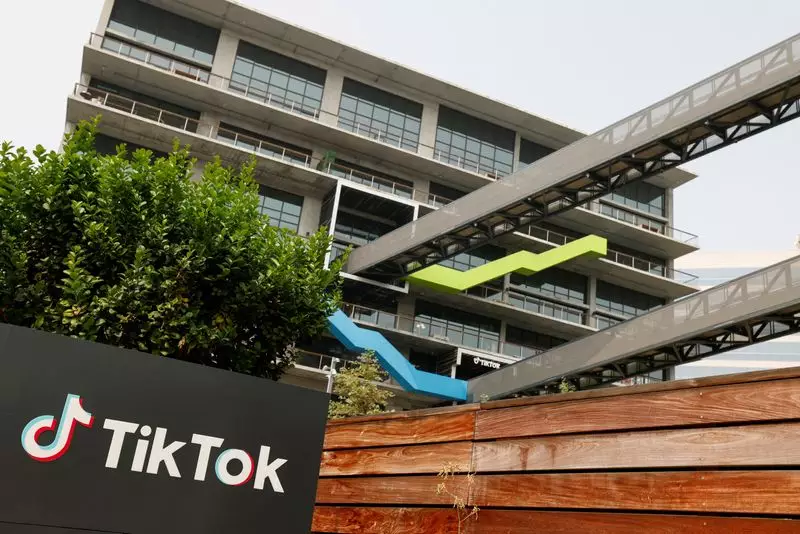In a surprising twist, President-elect Donald Trump recently expressed a preference for allowing TikTok to continue its operations in the United States, a statement that caught many political analysts off guard. Speaking to a crowd of enthusiastic supporters in Phoenix, Arizona, Trump acknowledged the platform’s significant role in amplifying his presidential campaign, citing the receipt of billions of views on his content. This endorsement could signal a shift in the prevailing sentiment towards the popular social media app, especially in light of ongoing threats of legal action and potential bans.
The backdrop for Trump’s comments is a recently passed U.S. Senate law mandating that TikTok’s parent company, ByteDance, divest ownership of the app due to national security concerns. This legislation reflects a broader apprehension among U.S. lawmakers regarding foreign influence, particularly from Chinese firms. The Supreme Court’s decision to hear the case brought forth by TikTok’s owners adds another dimension to the situation. If the ruling is unfavorable for ByteDance, TikTok could face an imminent ban right before Trump assumes office.
Despite this legislative momentum, Trump’s remarks hint at a divergence from the prevailing political rhetoric about TikTok. By expressing admiration for the app’s capabilities and his campaign’s successes, he challenges the narrative that has dominated political discourse, which overwhelmingly supports the idea that TikTok poses a significant national security threat.
The Justice Department has consistently argued that TikTok’s ownership by a Chinese company continues to pose a potential security risk, a sentiment backed by many in Congress. However, TikTok has countered these claims, emphasizing its commitment to safeguarding U.S. data by storing user information on Oracle’s cloud servers. This aspect raises critical questions about the balance between national security and the implications for international business operations in America.
Trump’s favorable view of TikTok may also reflect a larger ideological battle between competing viewpoints on how technology firms should be governed in the U.S. While some see the app as a tool for engagement and outreach, others view it through the lens of foreign adversaries seeking to exploit user data and influence.
As the legal tug-of-war unfolds, the future of TikTok in the United States remains uncertain. If Trump is indeed keen on keeping the platform operational, this may spark significant debates about governmental control over technology and data privacy, especially as the January 19 deadline looms closer. How Trump intends to navigate the conflicting interests between his supporters, the legislative landscape, and national security concerns will be a noteworthy aspect of his forthcoming administration.
The eventual outcome will not only determine TikTok’s fate in the United States but could also set a precedent for other international tech firms operating within U.S. borders. As the situation develops, stakeholders from all sides will be watching closely to see how this digital battleground plays out in the intersection of politics, security, and technology.

